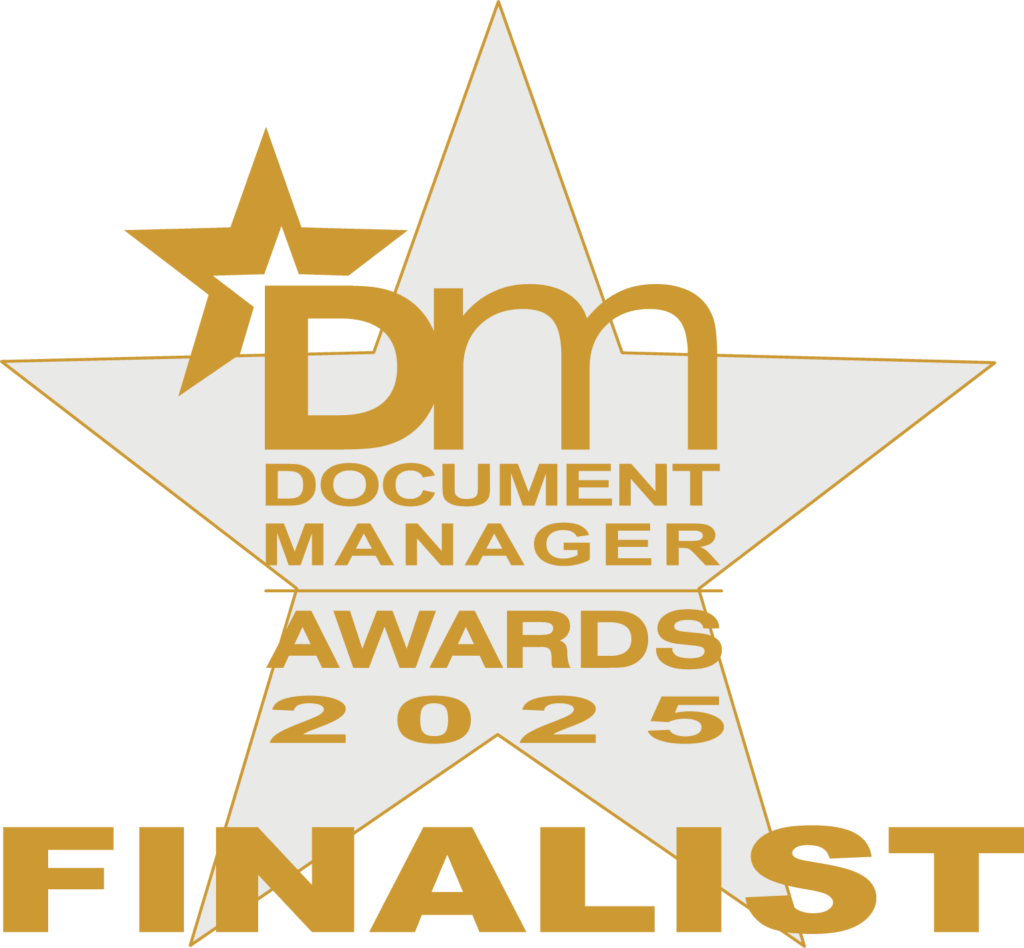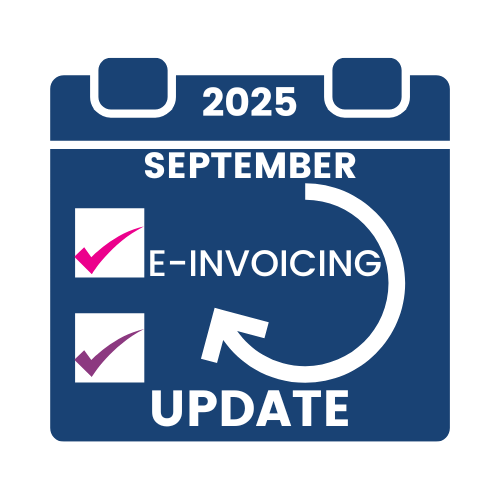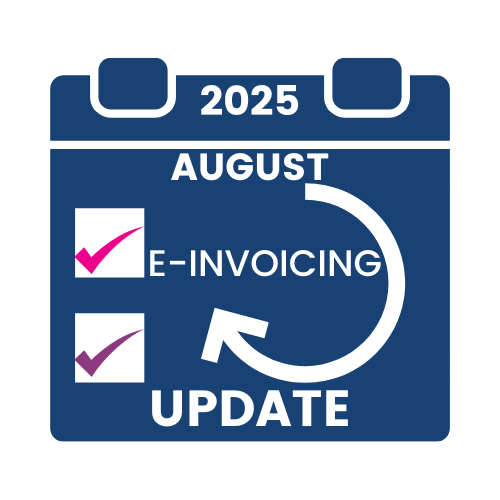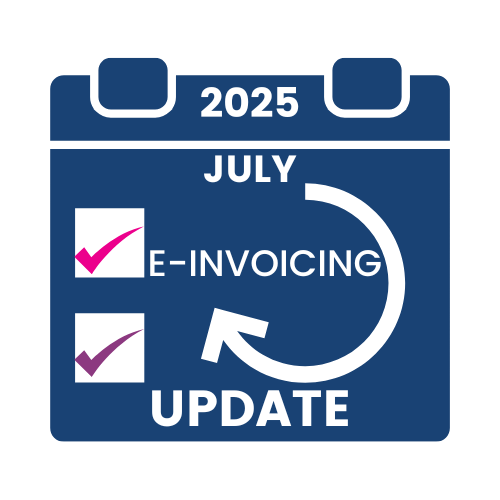Introducing Diane Bamford, a Purchase to Pay and Accounts Payable specialist, APA Ambassador, APA top influencer 2019 – 2022, APA Key Influencer 2023 -2024.
Diane has over 35 years’ work experience in a finance capacity covering a range of roles with FTSE100 private sector background and has extensive experience of delivering large scale and sustainable change. I had the pleasure of interviewing this enthusiastic, energetic and influential leader to find out where it all began and how automation has changed her role during her career. We met at the Accounts Payable Association 2025 Conference to discuss the changes Diane has seen in Accounts Payable with the introduction of automation.
What made you start a career in AP?
I came off maternity leave and applied for a job with BT where I already worked as a clerical officer and an opportunity to came up for an Accounts Payable Manager. I had been acting manager before I went on maternity, and I applied for the role and got it! And that’s when I started working in AP – on the 7th of July 1989.
Did you really know what it was all about before you started?
I did have an inkling because one of my responsibilities as a finance manager in mainstream finance was contract invoicing. So, I looked after the invoices for the big contracts that BT had. I did know a little bit about that, that’s as much as it was.
What stood out for you, from your first job? What’s the thing you remember most about it?
The volume, basically the huge volumes. I looked after Sheffield Lincoln district, and it was the immense volume of paper.
What was the structure of the Finance team? were there AP teams for all the different districts?
At BT we had an Accounts Payable Centre of Excellence, based in Manchester, and we did the accounts payable function for all the districts within the British Telecom
Ok, so early stage shared services?
Yes, before shared services really became a thing. BT were one of the founding members of what was the Northwest shared service forum in the mid 90s. BT were a real leader in the field.
And in comparison, 36 years on, what stood out for you most in your most recent job.
I think, it’s been the automation. When I first started in AP, it was paper everywhere. We had desks, piled high with papers, and over period of time, that’s they obviously gone down to get PDFs coming by email. When I first came across a solution like Documation, for example, it was literally just a scanning solution. And that was it. That would have been back in 2010. By 2016, when I came across it again, the evolution of that process was just unbelievable.
The full P2P automation of invoices and purchase orders was a revelation; I was astounded at how far the automation had developed in 6 years. You look at the automation now and we have AI and machine learning, and it is just incredible
What’s the most useful part of automation for the AP team’s process?
Obviously you purchase a solution to speed everything up – so very fast processing of invoices, but it’s the ability to free up your AP staff time, to concentrate on other things, such as Customer service. Although I always tried to stress, customer experience not Customer service. It frees up time to actually deal with the suppliers. Since we’ve had the automation in place, we’ve been able to get suppliers either round a virtual table or an actual table to discuss issues.
With some key suppliers, you can start really talking to face to face, because the automation gives you that time back to concentrate.
And previously, did you feel like you almost wanted to hide from those suppliers?
Because we were so bogged down in the processes, we couldn’t actually give our suppliers any information or even have a conversation because we just didn’t have visibility of what had been sent versus received. We had no way of measuring what we were getting, were the invoices going to spam?? It was hard to have a conversation with suppliers but with automation in place it gave us the confidence to be able to sit down with those supplies and actually work through the problems and make it better for them, better for us, and build that relationship. It becomes a collaborative working relationship then which is not something that it ever would have been before.
In my experience, when I first started in AP, years ago, AR were very much the enemy. This is what I always tell an accounts payable team. Your suppliers are also your customers. Because I learned a lesson from somebody in BT who said, your suppliers could potentially be BT customers. Treat them as such. If you treat them well, they may come to BT for their phone lines. Don’t treat them as the enemy and make sure that you pay them on time.
Keep those communication channels open so that they feel they can come to you. You’re not just blocking them because you don’t know the answer. You can have a confident conversation about what’s happening. And that’s the difference. So that’s how automation has helped us over the years.
And if you think back to 1990 to 2010 there was nothing really going on. It was literally document storage, and light document management machine in terms of digitising and filing in comparison with what automation can do now it is just unbelievable.
What do you still think needs to happen in the world of automation?
Better use of Supplier portals. Ideally a supplier portal gives suppliers a vehicle to download and rationalise their own statements, then they can reconcile their own supply statements and check payment statuses. They could download a daily statement showing what has been paid, match, match, match, done.
Get the AR teams on board as well and then it’ll really work. And for some companies who don’t have automatic remittances, it’s another way for a supplier to get a remittance which is another way of helping them reconcile.
And do you think remittances are going to continue to be important?
Well, as long as there’s payments being made, customers will always need to understand where the payments have come from.
For example, that £10,000 that’s just landing in my bank. What’s it for? Where’s it from? I can see it’s from X,Y,Z, but what’s it paying? I haven’t got an invoice for £10,000 but I do have 50 invoices for very smart amounts.
Because of this I think there’ll always be a need for remittances, and that’s where a supplier portal comes in. The customer doesn’t have to produce a remittance, and the supplier can just go on to the portal and record it themselves.
Also, statement reconciliation tools. Removing the need for manual statement reconciliations will save an enormous amount of time, adopting this automation is an important step forward for AP and AR teams.
What’s been the favourite part of your job over the years?
Managing teams and seeing them progress and embrace the change. I’ve been in the industry a long time, and I know in terms of finance, every time something new comes along they always test it in AP! I loved being the first at the forefront of technology and seeing the team embrace it and benefit from it.
Do you think that was unique to the businesses you were working in, or do you think that’s standard across the industry?
I worked for over 10 companies over my career, and I think that it has been that way in every one of them. New technology or new structure new ideas, new philosophies – let’s try it on AP first.
If it works for them then it might work across the company because AP is very transactional.
And what’s been your biggest challenge?
My biggest challenge, more recently, has not been having a procurement department. I’ve been fortunate enough to have worked for two large organisations that have a brilliant procurement department. But working without a procurement department has been a big challenge, because we don’t get back leverage with the suppliers in terms rebates based on how much are we spend. Nobody looks at it. There’s nobody checking sanctions. Nobody checking property, no compliance check. It’s just a case of well, I like them, so and so’s approved it, so I’ll have it. And there’s no checking of conflicts of interest, et cetera. It ends up being Accounts Payable that do some of those checks, and we did call some things out. For example, a director of one company that wanted to provide certain services was also a director of our company. He would be approver of the invoices. Do we think that’s right? It’s not really in the Accounts Payable team’s role, but if you’re not doing it nobody else is. So, you find yourself duty obliged to do it.
So, in your next role, if you take one, will that be a prerequisite? There has to be a procurement team?
Yes – that’s probably one of the questions I would be asking at an interview!
How’s your experience been with Documation, in terms of your project experience and experience with us a company?
When I worked at Guinness and I brought Documation in as the solution provider one of the things I said is “They’re renowned for the Customer service”
And I said exactly the same thing when I saw all the different providers for my previous role. And funnily enough, I came across an internal presentation on which there were which five solution providers and Documation was ranked at Number 1, and the second one was quite way down the list.
Last question, what now, Diane?
I have just recently retired from full time work; I will be looking for freelance consultancy or something part time. So, to go into an organisation that’s having issues with the accounts payable and show them what works to help and get them sorted.





